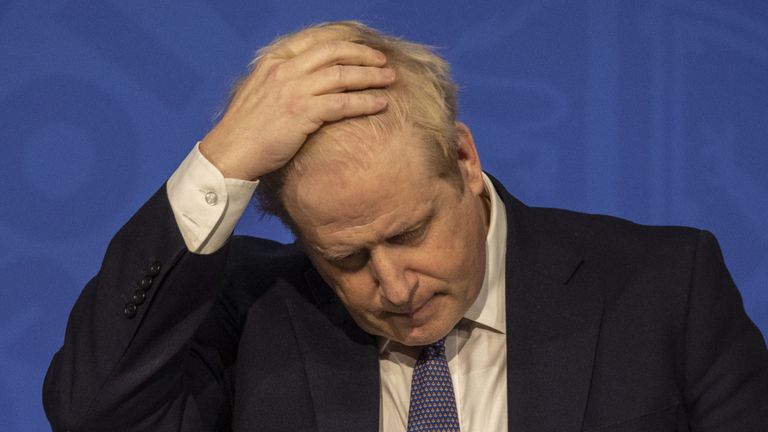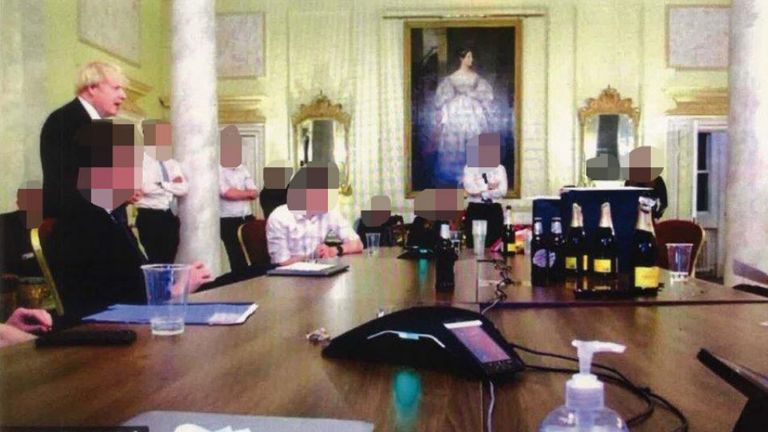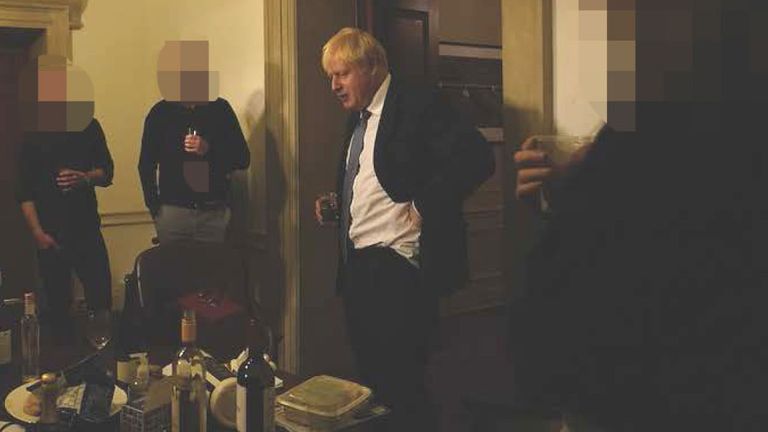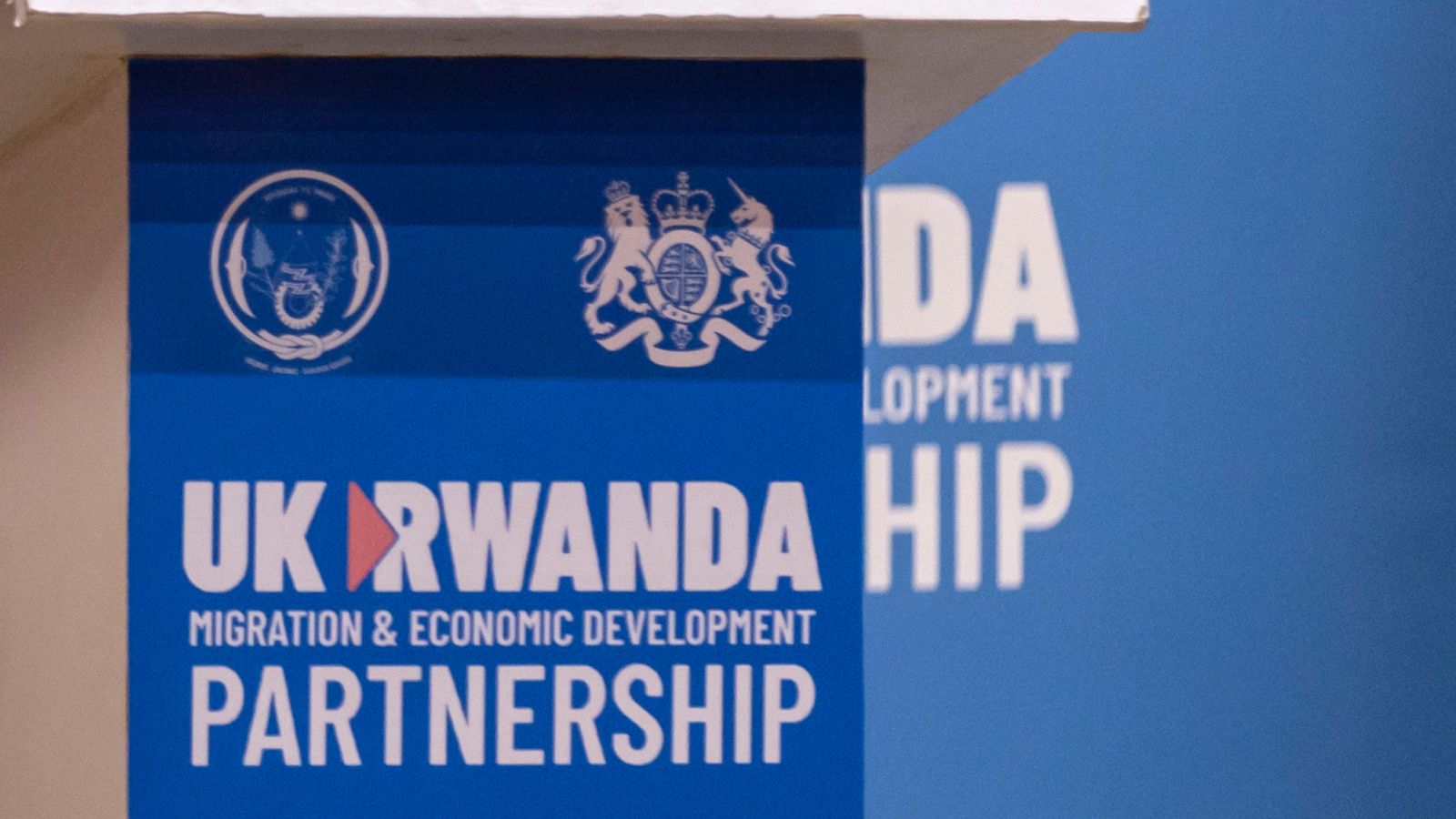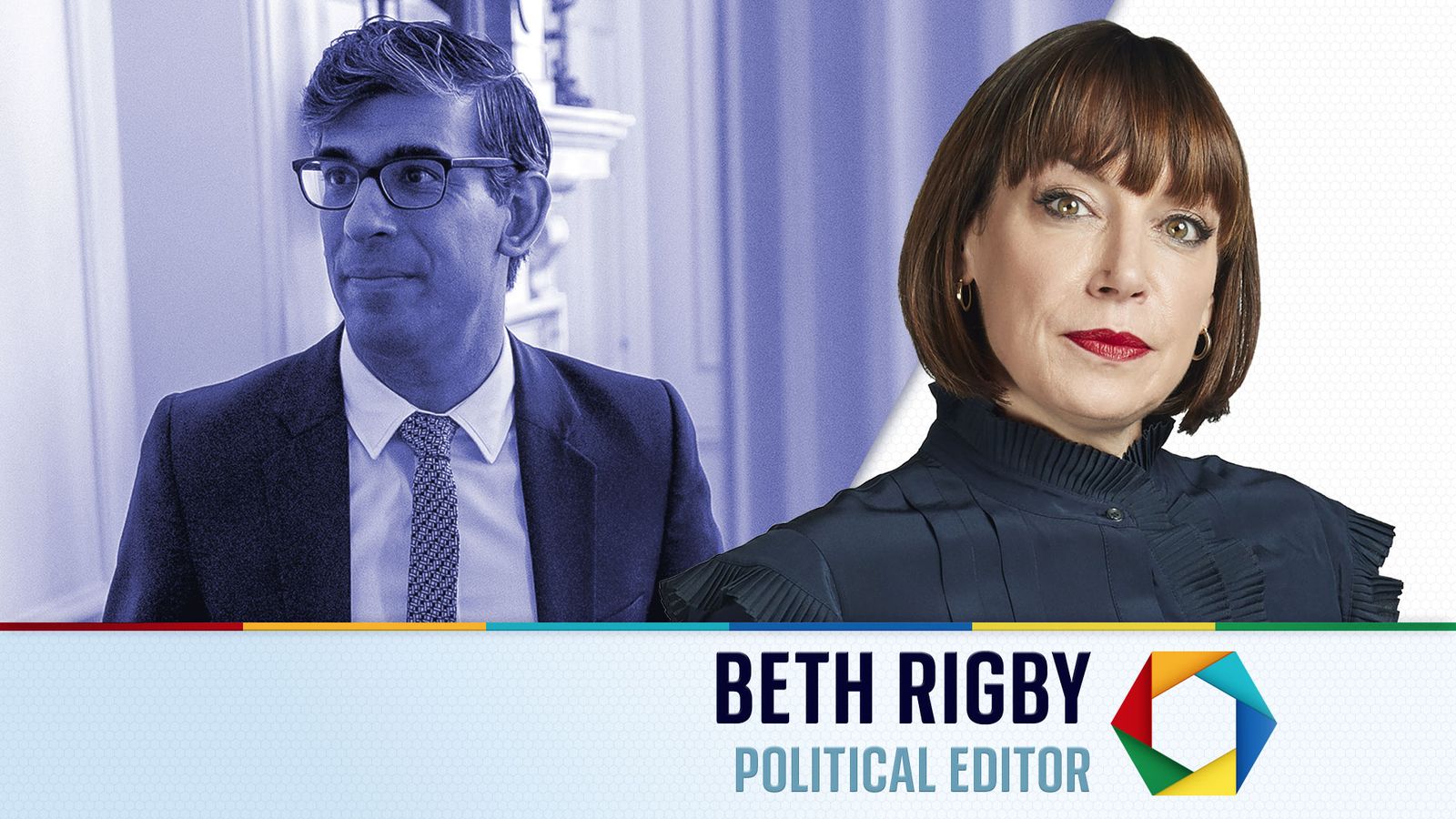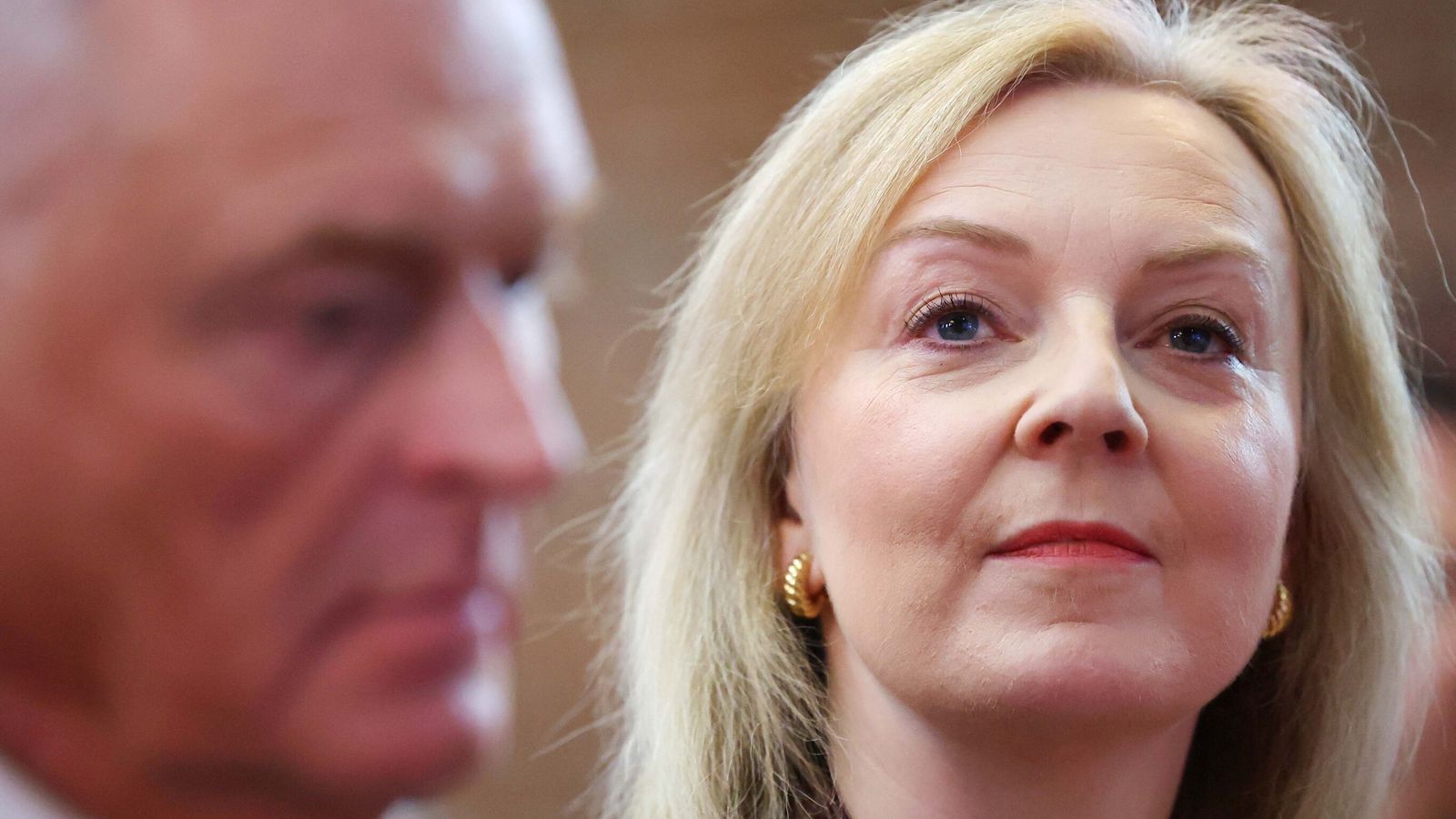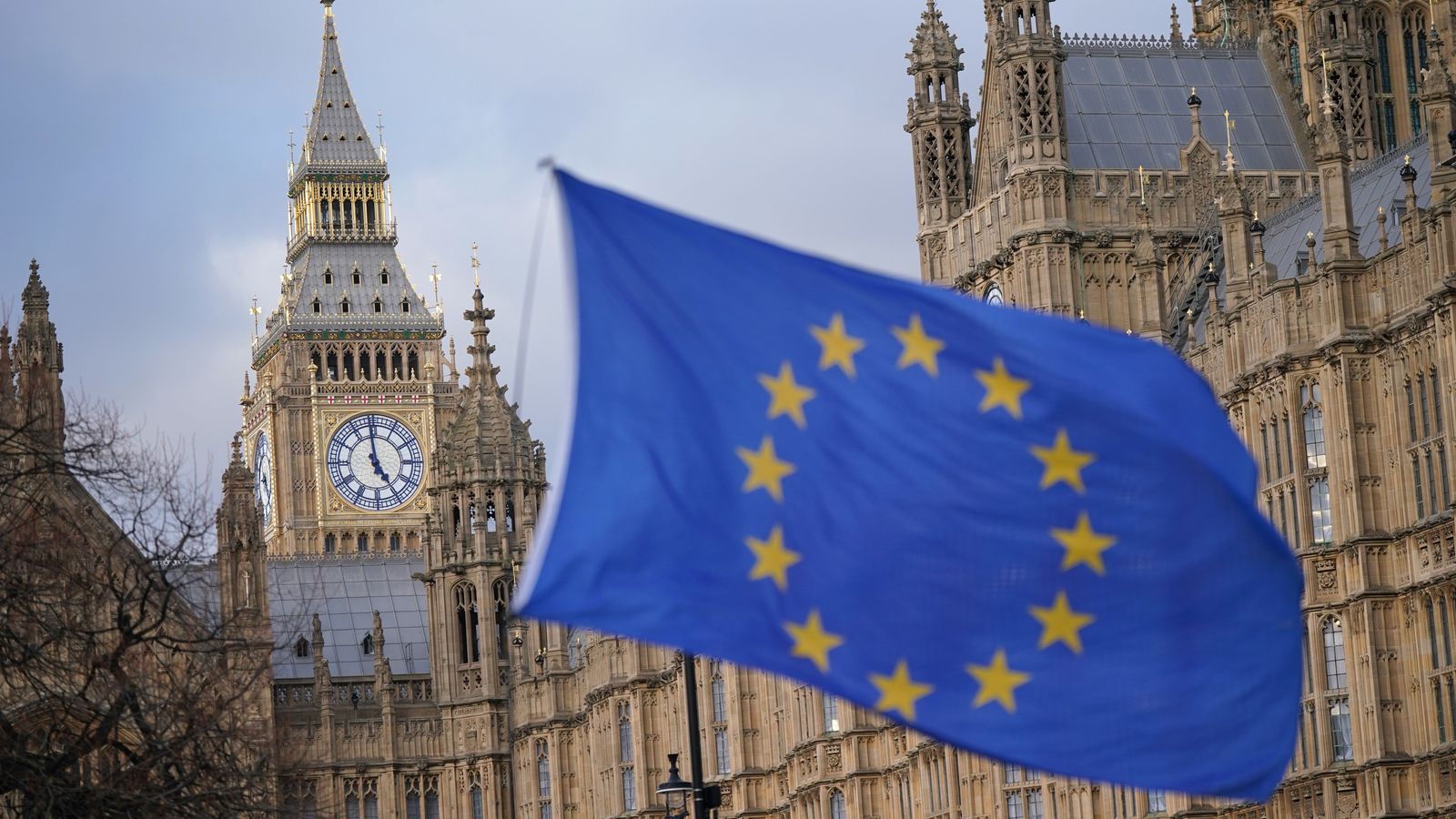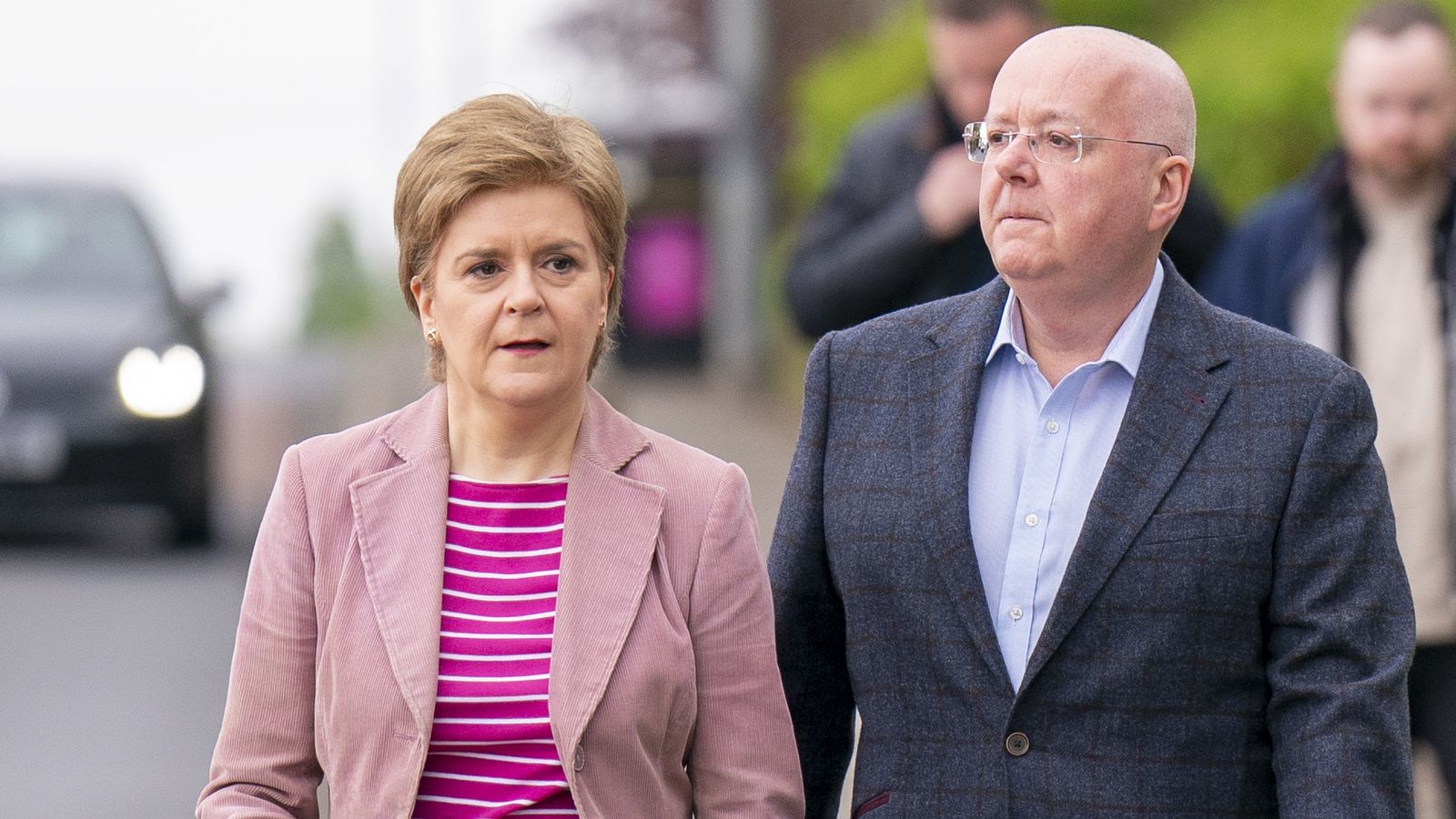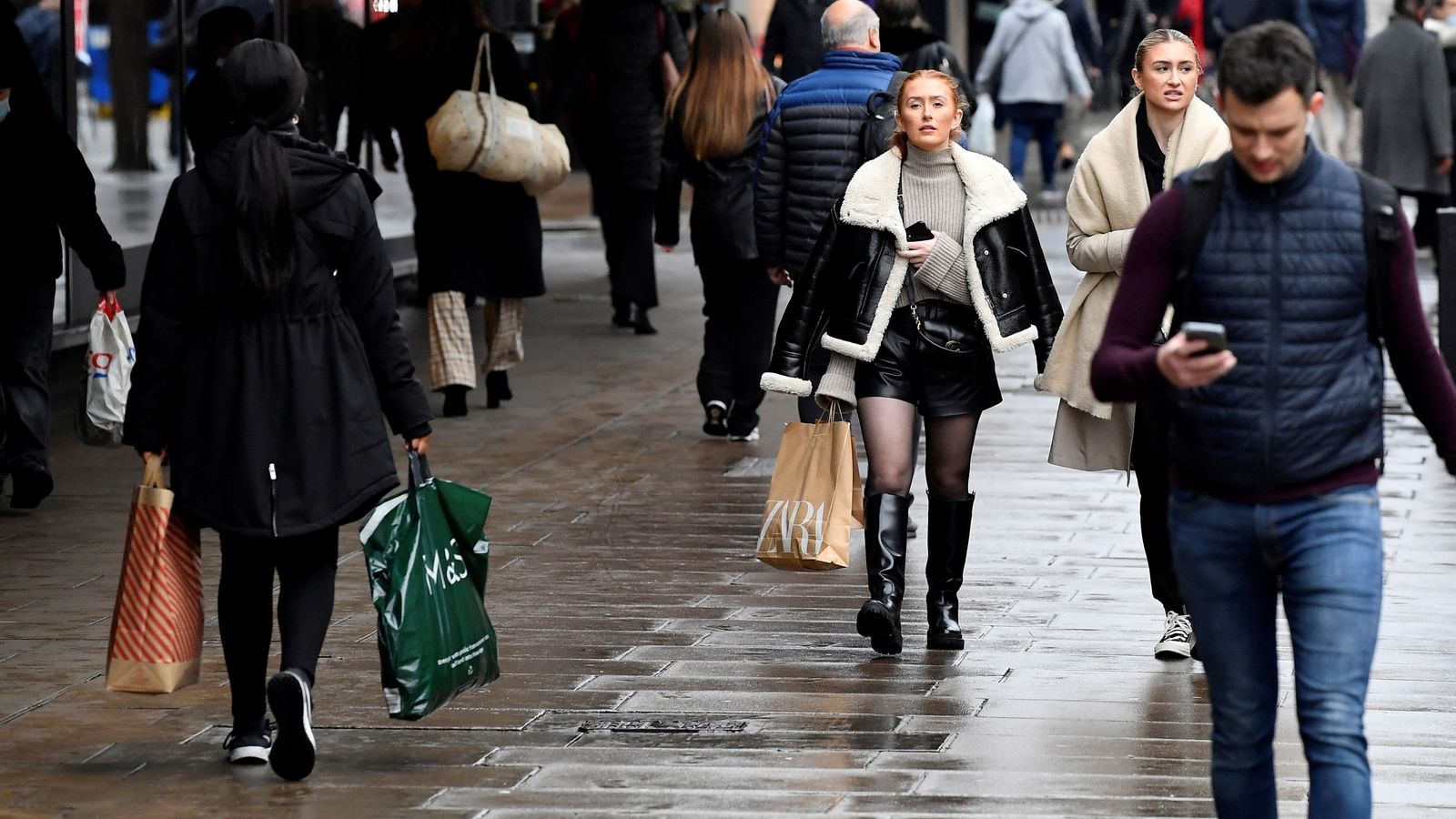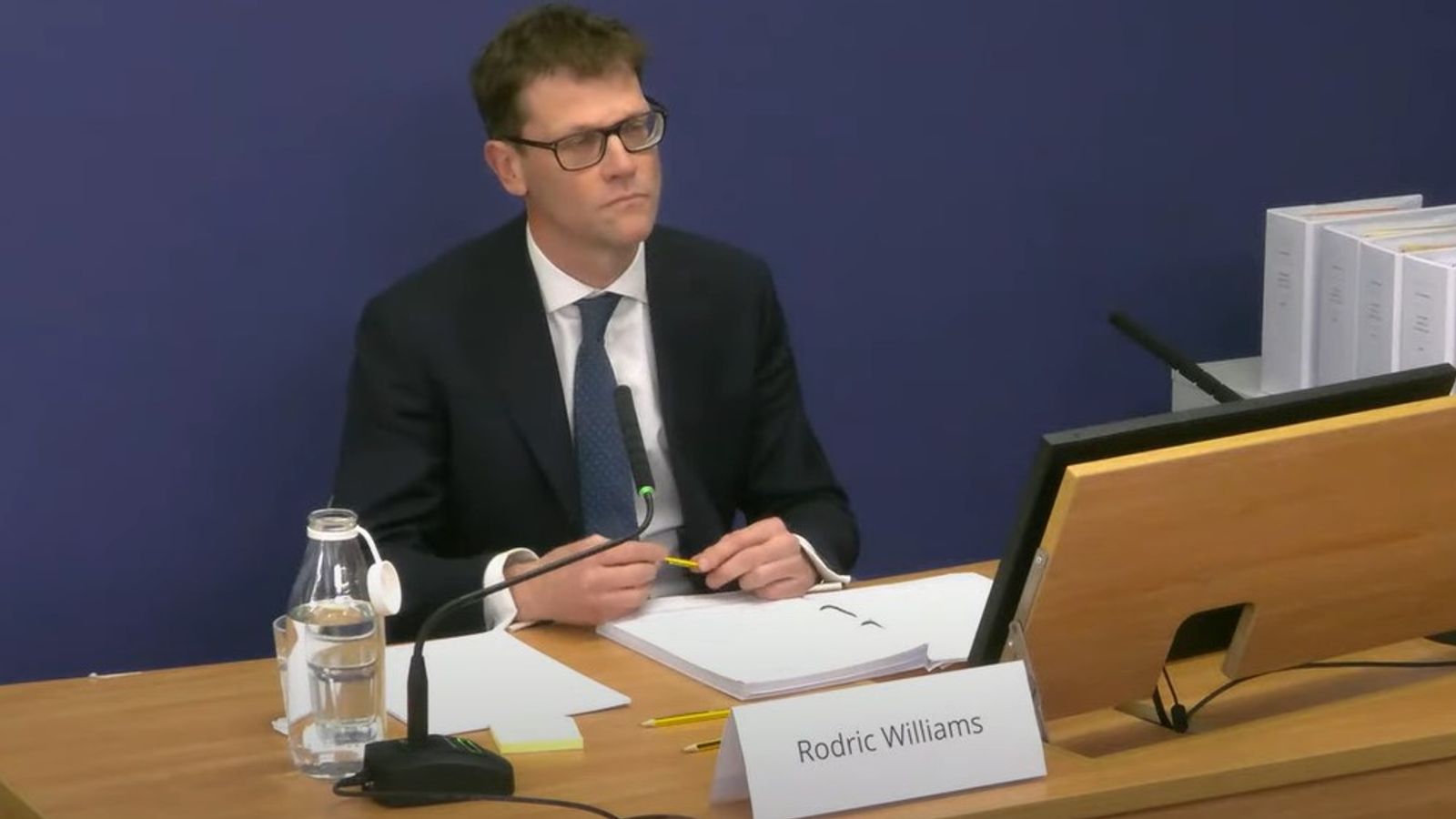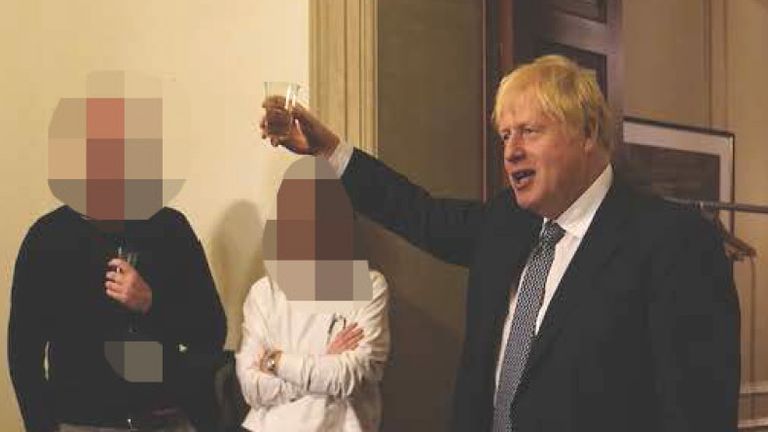
Boris Johnson has said he is “very much” looking forward to appearing before MPs investigating whether he knowingly misled parliament over partygate.
The former prime minister earlier on Tuesday said he accepts he misled parliament over partygate but insisted his statements were made “in good faith”.
On the eve of his appearance in front of the privileges committee on Wednesday, he said: “I look forward very much to the committee session tomorrow.
“I believe that the evidence conclusively shows that I did not knowingly or recklessly mislead parliament.
“The committee has produced not a shred of evidence to show that I have.”
Mr Johnson and his team are understood to be “very confident” ahead of his appearance.
The former prime minister earlier accused the privileges committee of having gone “significantly beyond its terms of reference” with its probe into whether he knowingly lied to MPs.
In his written evidence to the committee, published on Tuesday, Mr Johnson said it was “unprecedented and absurd” to claim that relying on assurances from “trusted advisers” was “in some way reckless”.
But the committee hit back with a scathing statement which said the submission contains “no new evidence” in his defence, and an earlier version had to be re-submitted because of “errors and typos”.
Boris Johnson to appear in front of the privileges committee from 2pm tomorrow – watch and follow live on Sky News
The committee launched its probe in the wake of Sue Gray’s partygate report, which blamed a “failure of leadership and judgement” for the lockdown-busting parties that took place in Number 10 during the COVID pandemic.
The report criticised the culture that existed “at the heart of government” at a time when the rest of the country was ordered to follow strict social distancing guidelines.
Mr Johnson said he accepts the House of Commons “was misled by my statements that the rules and guidance had been followed completely at No 10”.
“But when the statements were made, they were made in good faith and on the basis of what I honestly knew and believed at the time,” he added.
Other key points in Mr Johnson’s evidence:
• Mr Johnson insisted that other than the “assertions of the discredited Dominic Cummings”, his former aide, there is “not a single document that indicates that I received any warning or advice that any event broke” the rules
• He rejected the committee’s belief that the evidence strongly suggested breaches of coronavirus rules would have been “obvious” to him while prime minister, calling the allegation “illogical”
• He argued that some of those who attended the events “wished me ill and would denounce me if I concealed the truth”
• He criticised the “highly partisan tone and content” in the committee’s damning interim report
• Referring to allegations of rule-breaking, the ex-prime minister said that any lack of social distancing in the “old, cramped London townhouse” of Number 10 was not necessarily a breach of guidance
• He said that while he personally attended five of the events considered by the committee, he “honestly believed that these events were lawful work gatherings”
• While he said he accepts the conclusion of the Met Police investigation, he said that it “remains unclear” to him – and possibly Prime Minister Rishi Sunak – about why they were fined for breaching lockdown laws
• He did not deny joking that he was at “probably the most unsocially distanced gathering in the UK right now” during a boozy mid-pandemic leaving do, but said he did not recall making the remark
Mr Johnson conceded in his evidence that his statements to parliament “did not turn out to be correct”, but insisted he corrected the record at “the earliest opportunity”.
“I did not intentionally or recklessly mislead the House on December 1 2021, December 8 2021, or on any other date,” he said.
“I would never have dreamed of doing so.”
Members of the COVID-19 Bereaved Families for Justice group called his defence “sickening” and called for him to resign as an MP.
Becky Kummer, a spokesperson for the group, said it’s “obvious” that the former leader “deliberately misled parliament”, adding: “Far worse though is the lies he deliberately told to families like mine, after failing to protect our loved ones. His claim that he did so in ‘good faith’ is sickening.”
The 52-page defence dossier was published a day before Mr Johnson faces a live grilling by the cross-party group of MPs in a hearing that could decide his political fate.
In response to his evidence, the committee said Mr Johnson’s legal argument “contains no new documentary evidence” and that it had to be resubmitted on Tuesday because of “a number of errors and typos”.
What is the committee investigating?
If Mr Johnson fails to convince the committee he did not deliberately mislead the Commons, he could be found to have committed a contempt of parliament.
A suspension of more than 10 days could result in a high-profile by-election in his Uxbridge and South Ruislip seat – though MPs will have to vote on any recommendations.
In an interim report into its investigation published earlier this month, the committee said the evidence it had gathered “strongly suggests” it would have been “obvious” to Mr Johnson that COVID rules were being breached at Downing Street gatherings he attended.
It said it had identified at least four occasions where Mr Johnson may have misled MPs, which will form the backbone of its investigation.
The first instance was when Mr Johnson told MPs in December 2021 that no rules or guidance had been broken – when subsequent investigations by Ms Gray and the Met Police found otherwise.
The second occasion came when the former prime minister failed to tell the Commons about his own knowledge of gatherings where the rules or guidance had been broken, when evidence showed he had been present at some of them.
Thirdly, the committee said MPs may have been misled when Mr Johnson claimed on 8 December 2021 he had been given “repeated assurances” that rules were not broken.
However, these assurances only applied to one event on 18 December 2020 and not to compliance with the rules and guidance more generally.
Click to subscribe to the Sky News Daily wherever you get your podcasts
Finally, the committee said Mr Johnson gave the impression that he could only answer MPs’ questions once the investigation by Ms Gray had determined whether rules or guidance had actually been broken.
“While repeatedly making that statement to the House he appears to have had personal knowledge he did not reveal,” the committee said.
Read more:
The key parts of Boris Johnson’s partygate evidence
How he defends each of his partygate statements to parliament
As well as being required to be truthful to parliament at all times, MPs are also encouraged to correct the record at the earliest opportunity if they have inadvertently said something wrong.
The committee said in its interim findings that Mr Johnson “did not use the well-established procedures of the House” to correct the record, as is convention.


